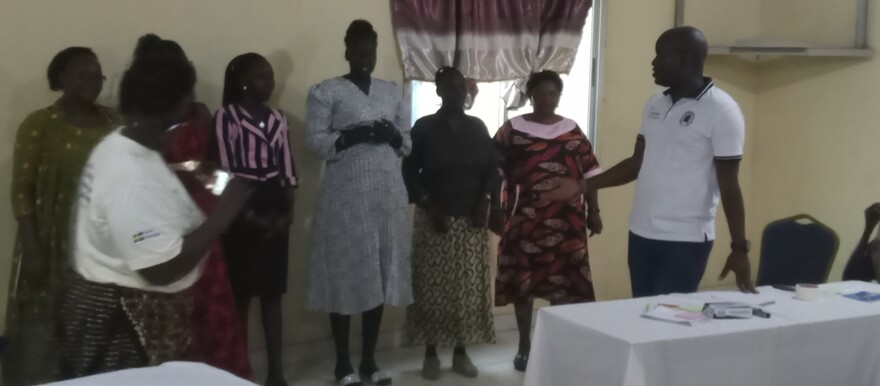Different groups of women in Eastern Equatoria State have come together and formed a body to advocate for policies that promote gender equality and women’s rights in the state.
The new group– Beat the Drum and Keep the Whistleblowing Advocacy Group—was formed after a three-day seminar organized by Eve Organization for Women Development in Torit town.
The group is headed by Jane Amal Ocheng and deputized by Christine Ikodio.
The group identified issues in the state, such as girl-child blood compensation, child and forced marriage, and gender discrimination in relation to land and property as its top priority.
Speaking during the group formation in Torit town on Thursday, Davidika Ikai Graciano, the acting chairperson in the state, urged the general assembly to cooperate with the executive to achieve its goals.
“We have handed you the committee officially. My people, this has been our work; let us own it and not point at their back. We have given them responsibility, and you people have to take it. I know it is not easy to be a leader,” she said.
Meanwhile, Jane Amal Ocheng, the Director of Christian Vision Organization and the new chairperson of the lobby group, vowed to work hard to realize the group’s vision.
“We all know what is happening, especially to our young girls in communities. There are forced marriages, blood compensation, and many other issues,” she said.
Jane urges women in communities to stand up for their rights and work for gender equality in the state.
For his part, Peter Lemi Emmanuel, a Program Manager for Eve Organization for Women, said the workshop was aimed at mobilizing women to form an advocacy group that will voice issues affecting women.
He noted that the initiative is part of the Leadership for Peace Project funded by the Government of The Netherlands in South Sudan.
“We feel that there is a need for women to be mobilized and organized so that they speak one voice to raise issues that affect them, and there are so many issues affecting women in Eastern Equatoria. The issue of blood compensation is very common, where girls are given away as compensation for a crime committed by their family members, and early and forced marriages are also very common. The issue of the affirmative action implementation is not as expected per the peace agreement, so it is an issue that needs efforts so that it implemented,” he said.
Low literacy rates and prevailing traditional cultural roles for women remain ingrained obstacles to their full participation in decision-making processes in South Sudan.
The revitalized peace agreement provides for a 35% quota for women’s participation in the transitional government. South Sudanese women hope this key provision will be a catalyst for change in the country.




